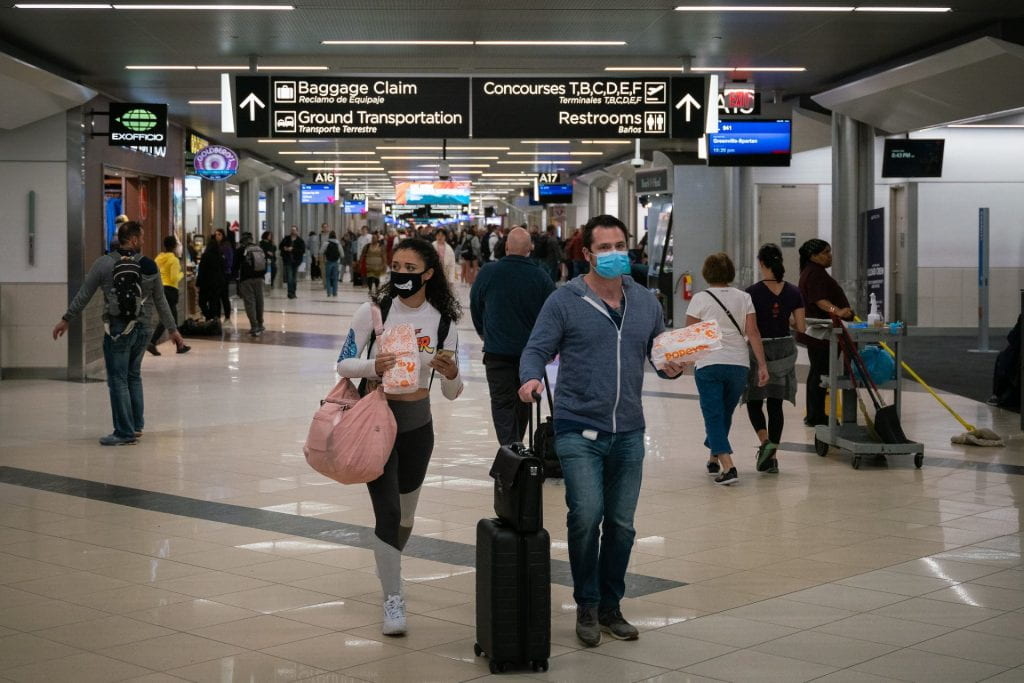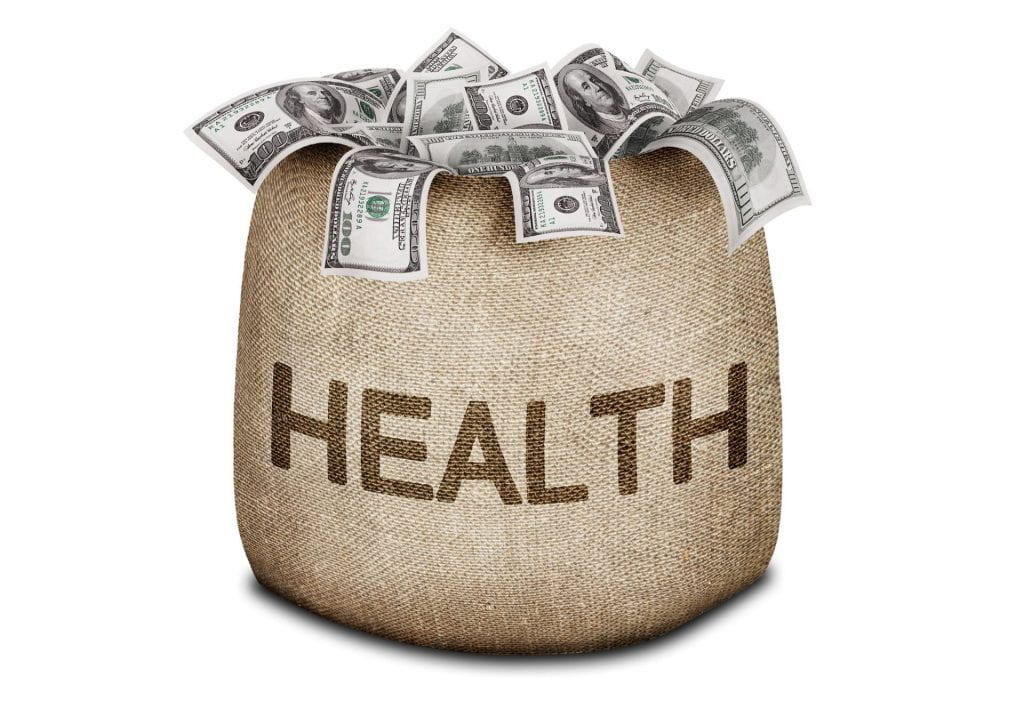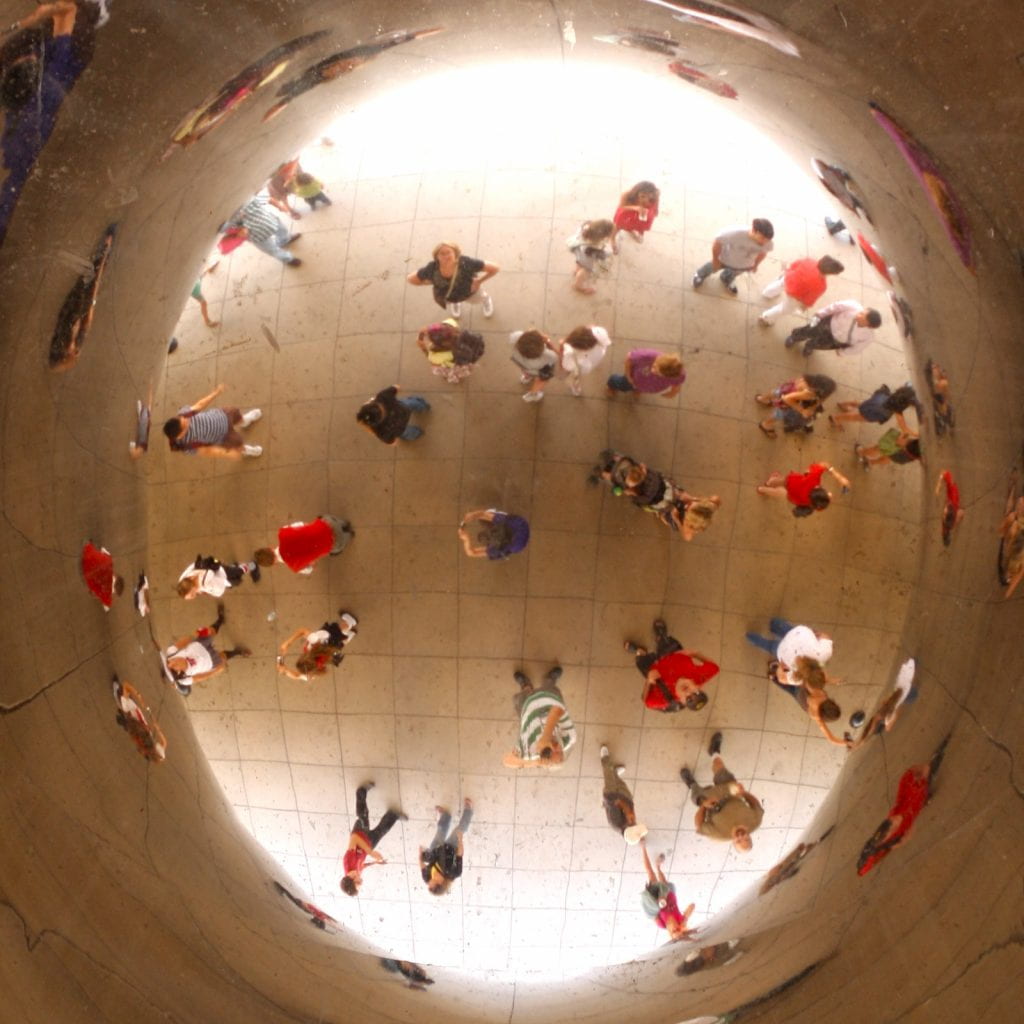
As countries around the world continue to fight the outbreak of the coronavirus and deal with the disease is causes (COVID-19), the question arises how this public health crisis affects human rights. It is essential that we not ignore human rights during this crisis, even if our primary focus is fighting the outbreak and finding a cure for the disease. The epidemic and the response to it have a major effect on people’s lives, and thus are guided and impacted by human rights. Human rights cannot be an afterthought, but need to be worked into both public and private responses.
To follow up on my colleague Dr. Peter Verbeek’s earlier blog post, I will focus my considerations on two issues: 1) how public policies and legislation in response to the coronavirus and COVID-19 affect human rights; and 2) the broader human rights consequences of the proposed and implemented public health measures.
May public health policy limit human rights?
Most countries have statutes that allow for limitations to human rights in times of national emergencies or major public health threats. According to international law (and in most democratic states constitutional law), these limitations have to be necessary, proportionate, and related to clear and lawful public aims. They also have to be implemented in accordance with existing laws and the greatest measure of transparency.
In response to the coronavirus, emergency legislation in many countries (see for example in the U.S., U.K., Canada, or Australia) allows health departments and public health officials to impose a number of measures that affect people’s lives and their human rights. These measures include detaining people to be screened, collecting their health information, and putting them in isolation. People who do not comply with orders by public health officials or obstruct their work, refuse detention, leave a place of isolation, or supply misleading information can face criminal charges. For example, when a woman was evacuated from Wuhan and quarantined at Travis Air Force Base in California asked to leave the facility, California authorities issued an order forcing her to stay against her will.
While these types of measures might be necessary during such emergencies, it is worth noting that they do interfere with basic human rights, especially the right to liberty (UDHR Article 3), protection from arbitrary detention (UDHR Article 9), right to privacy (UDHR Article 12), and freedom of movement (UDHR Article 13). Considering the significance of these rights and freedoms and the grave consequences that can come from violating them, it is vital that government policies impede individual freedoms and human rights as little as possible. Further, any interference on human rights has to be based on strongest scientific evidence available (as opposed to, for example, racist or xenophobic justifications).

There are a number of important ways to achieve this.
-
-
- To ensure the protection of privacy and other rights, only data directly relevant to combatting the coronavirus outbreak should be gathered from individuals. The Center for Disease Control (CDC) has wide-ranging powers in case of emergencies, including obtaining clinical specimens and data from persons affected by an outbreak, obtaining data from healthcare facilities, enforcing control measures including quarantine, and seizure or destruction of private property. While some of these measures might be needed to stop the spread of a virus, it is important that the principles of necessity and proportionality are at the front and center of response policies to guarantee the respect for human rights.
- Crisis-related messaging should be led by scientists with the assistance of government officials, not the other way around. The consequences of abusing public health threats like the coronavirus for political purposes was demonstrated in China where censorship and denial led to a worsening of the public health situation. The misuse of the coronavirus outbreak for political purposes has also and continues to happen here in the U.S., which is especially dangerous at this time when trust in the government and political institutions is at an all-time low and independence, objectivity, and usefulness of science and its ability to act in the public interest is divided along partisan lines.
- Public health organizations, as well as the government, need to establish official communication channels that remain open for detained and quarantined people. Moreover, those subjected to restrictions such as detention and quarantine should have the ability to appeal their situation and voice their concerns regarding their treatment.
- Officials, as well as the public, have to recognize that those in quarantine or detention are in an extremely difficult situation. In addition to their medical state, they are often socially and economically vulnerable. The stigma that often accompanies quarantine and/or detention can lead to exclusion, emotional difficulties, and mental health issues. Similarly, loss of income or jobs can lead to short-term and long-term problems for affected people. For their part, governments should act to mitigate the negative consequences of public health policies and be aware of underlying socioeconomic conditions, potential human rights violations, and structural violence.
- The duration and severity of necessary limitations on human rights should be clearly communicated. It is not just the extent of human rights limitations that matter, but also how long they are set in place. The so-called “war on terror”, for example, was originally launched as a response to the terror attacks of 9/11, but it has persisted for decades, with legal authorities extending well beyond their original goals.
-
The human rights consequences of fighting the coronavirus
This brings me to the second part of my post, which focuses on the broader human rights and societal consequences of the current coronavirus outbreak. As Mary Bassett and Natalia Linos of Harvard’s FXB Center for Health and Human Rights write in the Washington Post, “[e]pidemics emerge along the fissures of our society, reflecting not only the biology of the infectious agent, but patterns of marginalization, exclusion and discrimination.” Beyond the more immediately obvious issues of how quickly the virus spreads, how many people will die, and how our healthcare system is affected, we need to ask ourselves about the societal effects of public health threats.
The most significant question is: who is the public? Who are public health responses designed for? Race, gender, caste, class, migration status, disability, ethnicity, religion, sexual orientation and gender identity, living conditions (urban v. rural), and other attributes determine the level of inclusion or exclusion of a person or group in society and their vulnerability in case of crisis. Even when measures seem neutral on the surface, public health responses to infectious diseases tend to follow a “utilitarian logic”, which can lead to unintended consequences and discrimination. For example, results are often gendered: Women tend to be caretakers of children and older people, making them the first to have to skip work when children are out of school or elderly parents fall ill. They are also often front-line healthcare providers, and any family-related responsibilities for these women can lead to shortages of available health personnel. Other advice, such as “social distancing”, cannot be upheld in prisons, public transportation, or migrant camps, and are therefore only useful for the privileged who live in their own flats or houses and can use their cars for transportation. In some cases, public health responses emphasize xenophobic or racist tendencies and reinforce societal divisions. There are already a number of stories and occurrences people of Asian descent shared about sneezing or coughing in public and experiencing responses ranging from angry looks to outright racist comments. Also, not all people have access to information if it is not prepared in minority languages, accessible formats, and spread through different means (e.g., illiterate people will need audio or visual announcements).

Arguably, the people affected worst by this crisis are those of low socioeconomic status, and often they face double or triple discrimination. Many low income and hourly workers do not get sick days or sick pay, which means to become infected and quarantined could result in job loss, and potentially the loss of savings (if they have any), and potentially housing, cars, and other important possessions. For poor children, school closings might mean that they miss their only meal of the day. Moreover, not all households in the U.S. have running water, making advice like “wash your hands” difficult to implement. At worst, by transferring public preparedness responsibilities to individuals without taking human rights into account, we reinforce “entrenched patterns of privilege and deprivation across social determinants of health.”
This situation is particularly problematic in the U.S. healthcare system, as it excludes people based on employment and/or immigration status and on the availability of financial resources. The large number of people without access to health insurance will not have the same level of information, testing, or treatment available to them as those with health insurance, and they face additional worries about financial burdens associated with seeking care. Further, private companies can decide how much to charge for treatments of the virus or vaccines without concern about affordability.
In my mind, a purely market-based allocation of healthcare resources in times of COVID-19 is not only unethical, but a human rights violation. Article 25 UDHR calls for everyone to have “the right to a standard of living adequate for the health and well-being of himself and of his family, including food, clothing, housing and medical care and necessary social services, and the right to security in the event of unemployment, sickness, disability, widowhood, old age or other lack of livelihood in circumstances beyond his control.” How far we are from this ideal! Viruses and pandemics don’t care about a person’s legal, economic, or social status, but because of lack of human rights-based public health responses, crises will have differing impact on rich, privileged people as opposed to poor, disenfranchised populations. As UN High Commissioner for Human Rights Michelle Bachelet stated, “people who are already barely surviving economically may all too easily be pushed over the edge by measures being adopted to contain the virus.” The search for an inclusive public health response and a more equitable and accessible healthcare system is even more urgent and important in times of the coronavirus and COVID-19.

Where does this leave us?
What happens next and the way our political leaders handle this crisis is therefore crucial. If authorities take a heavy hand, twist the truth, and/or compromise hard fought for fundamental freedoms and human rights, the public might be less willing to cooperate in a future crisis situation. Successful interventions in public health crises do not only depend on the level of control issued and the sophistication of medical responses, but also, and most importantly, on whether or not the people trust the government to handle the crisis, to communicate transparently, and to be accountable to its citizens. It also depends on solidarity and community building – whether people cover their coughs and sneezes, self-isolate when they think they got infected, and not hoard scarce supplies to the detriment of others. Public participation and agency of all people is therefore a key component of managing the disease successfully.
As the UN High Commissioner for Human Rights and my colleague Peter Verbeek pointed out, it is vital to structure any response to the coronavirus outbreak holistically, and that includes respect for and protection of human rights. It means to develop a transparent public response based on principles of equity and accountability for all actors involved, including the private sector. It also requires taking care of those most vulnerable in a crisis and protecting the most marginalized in a society, both medically and economically. Human rights cannot be an afterthought in epidemics. How governments handle the coronavirus and their response to COVID-19 might as well set a precedent for human rights in the future. Let’s hope that this crisis will be an opportunity to see the value of human rights, public participation/democracy, and multilateralism.
For more information about the coronavirus and COVID-19, medical advice, and how to protect yourself, please see UAB’s COVID-19 Resources and the updates provided by the Center for Disease Control (CDC).
I would like to thank Dr. Robert Blanton and Dr. Courtney Andrews for their comments on this piece.

